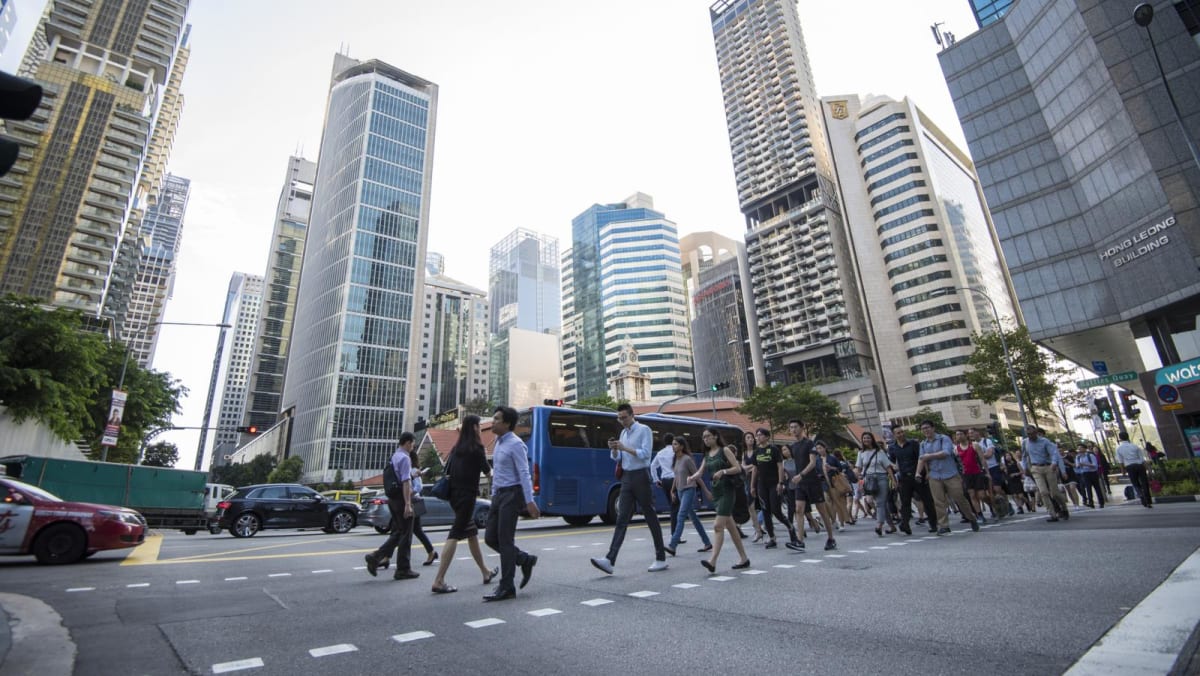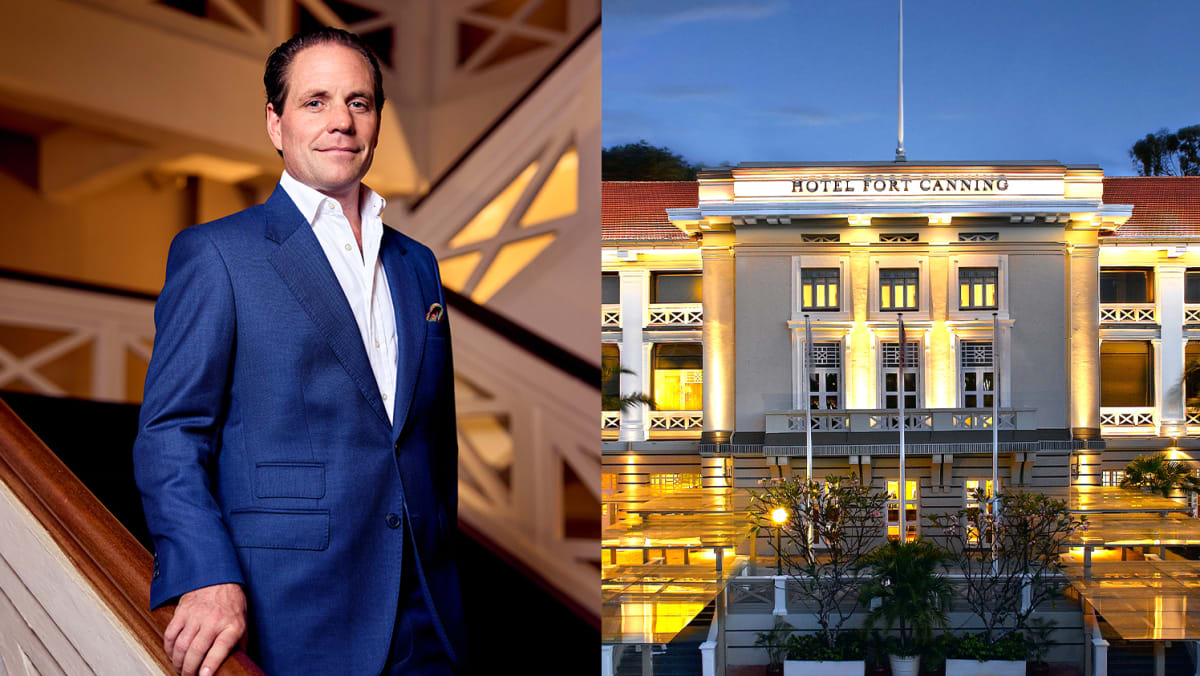The impact of artificial intelligence (AI) is another concern looming in the minds of businesses.
“If you are going to apply AI across several functions, the question has become ‘do you need the headcount?'” said Savills’ Mr Cheong.
“This is still being figured out, so many businesses are still waiting for a decision from their head offices. In the meantime, they don’t have the budget to move and fit out a new space.”
This uncertainty explains why in recent time, businesses with expiring leases have chosen to renew at their current location – but for a smaller space and a shorter time, according to Mr Cheong.
Doing so means paying higher rents per square foot as landlords are asking for a premium for shorter leases, he added.
Still, office tenants typically find this a better deal given the difficulty in finding a similarly priced Grade A office space in CBD, and the rising costs involved in refurbishing a new space.
“This is why short-term renewals have been the main activity we saw in 2023 and early 2024, and that is why rents went up marginally, not because of overwhelming new leases,” Mr Cheong said.
Meanwhile, hybrid work arrangements have continued after the pandemic, presenting another key factor for firms to reassess their office spaces.
Even though some have appeared to buck the trend – such as Amazon which has mandated its employees to return to office five days a week – experts still think hybrid work will remain the new normal.
“If more companies implement policies requiring employees to return to the office, the demand for office space could increase. However, this shift would take time as leases are typically signed for three to five years and existing space allocations are fixed,” said Ms Tricia Song, head of research for Southeast Asia at CBRE Singapore.
“In Singapore, where real estate costs are high, some companies might continue to favour hybrid work arrangements or adopt collaborative and flexible office designs to accommodate the rise in in-office employees.”
LOOKING AHEAD
That said, the market is still seeing pockets of demand.
Knight Frank noted that Meta’s space at South Beach Tower has “broadly been backfilled by smaller occupiers”.
These smaller businesses have been among the most active in seeking out new office spaces, with “modest demand” coming from firms such as those from North Asia that are establishing new offices in Singapore, the consultancy added.
JLL also observed that a “significant portion” of Meta’s space has been re-let or is currently in advanced negotiations.
Demand is coming from existing occupants looking to expand within the same building, and others relocating from elsewhere in the CBD. These are firms from the professional services and tech industries, said Dr Chua.














